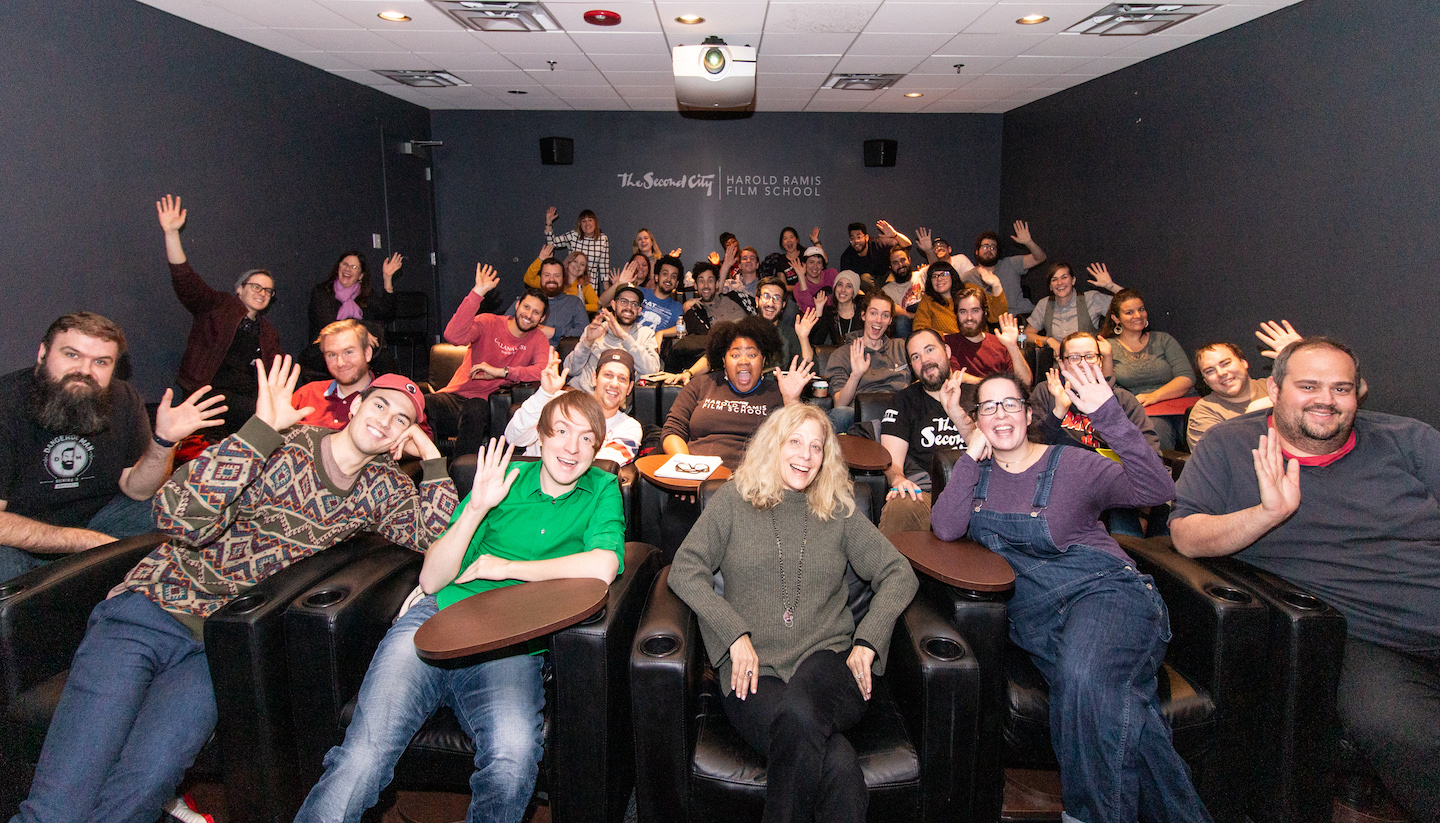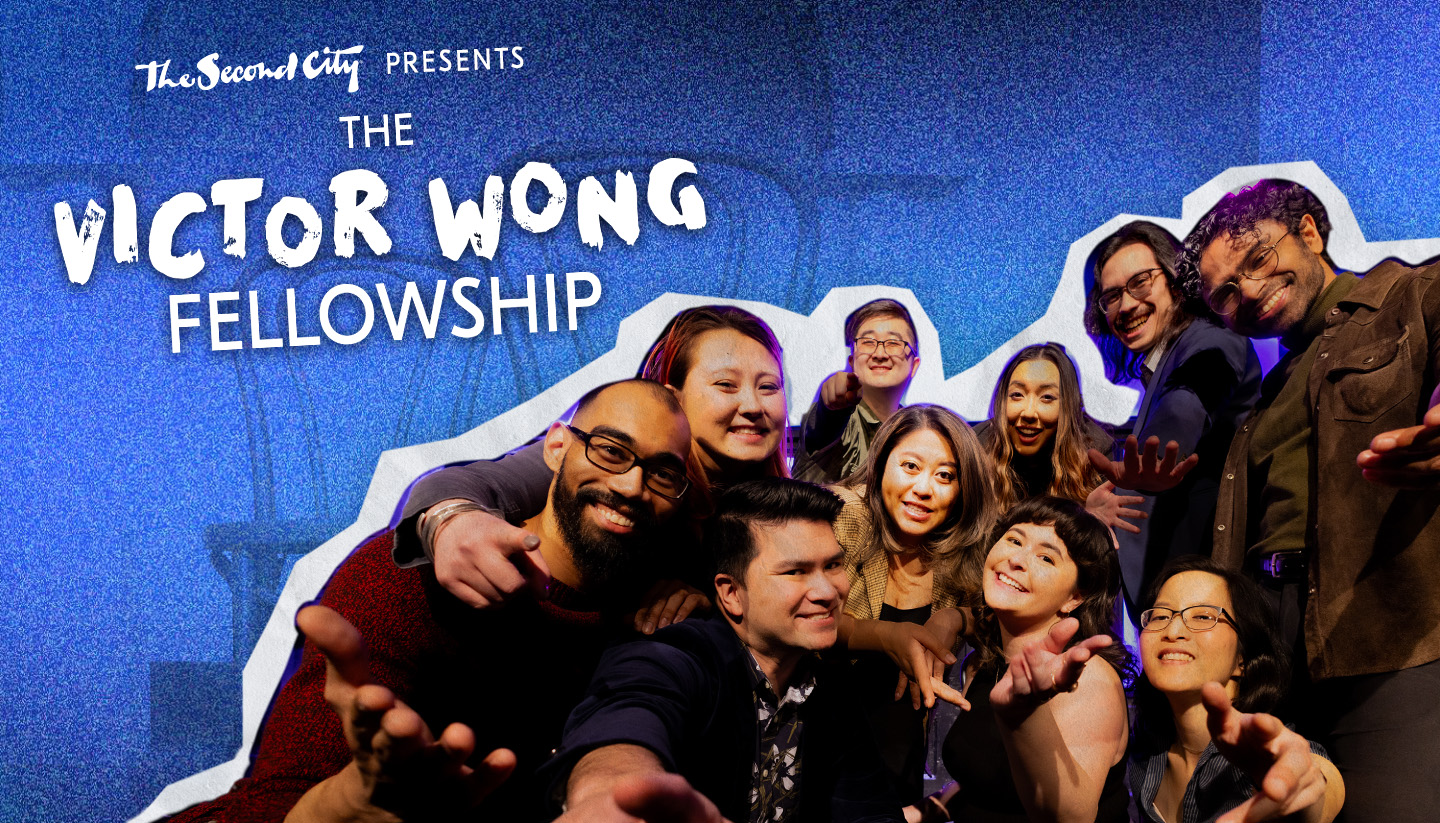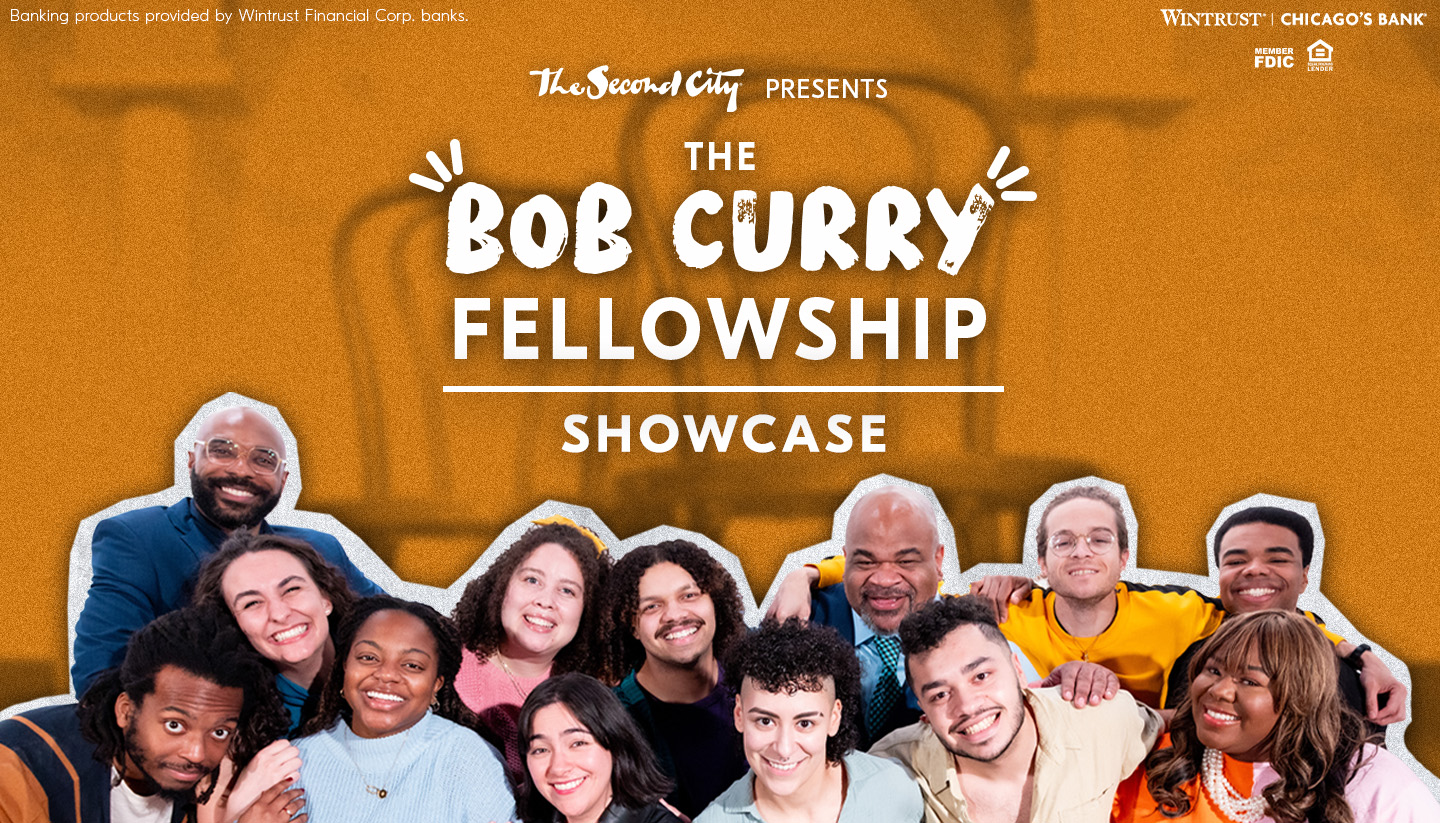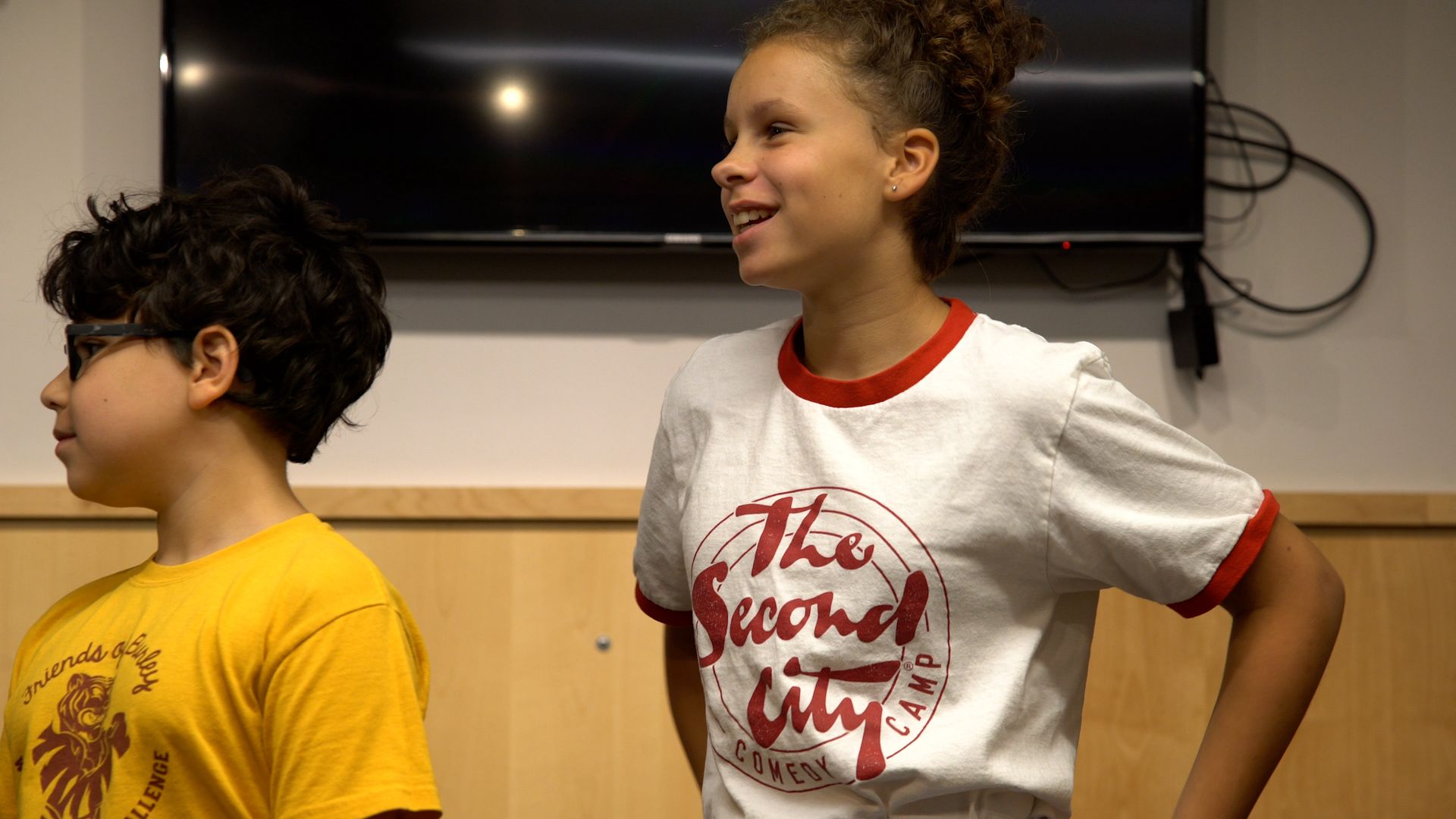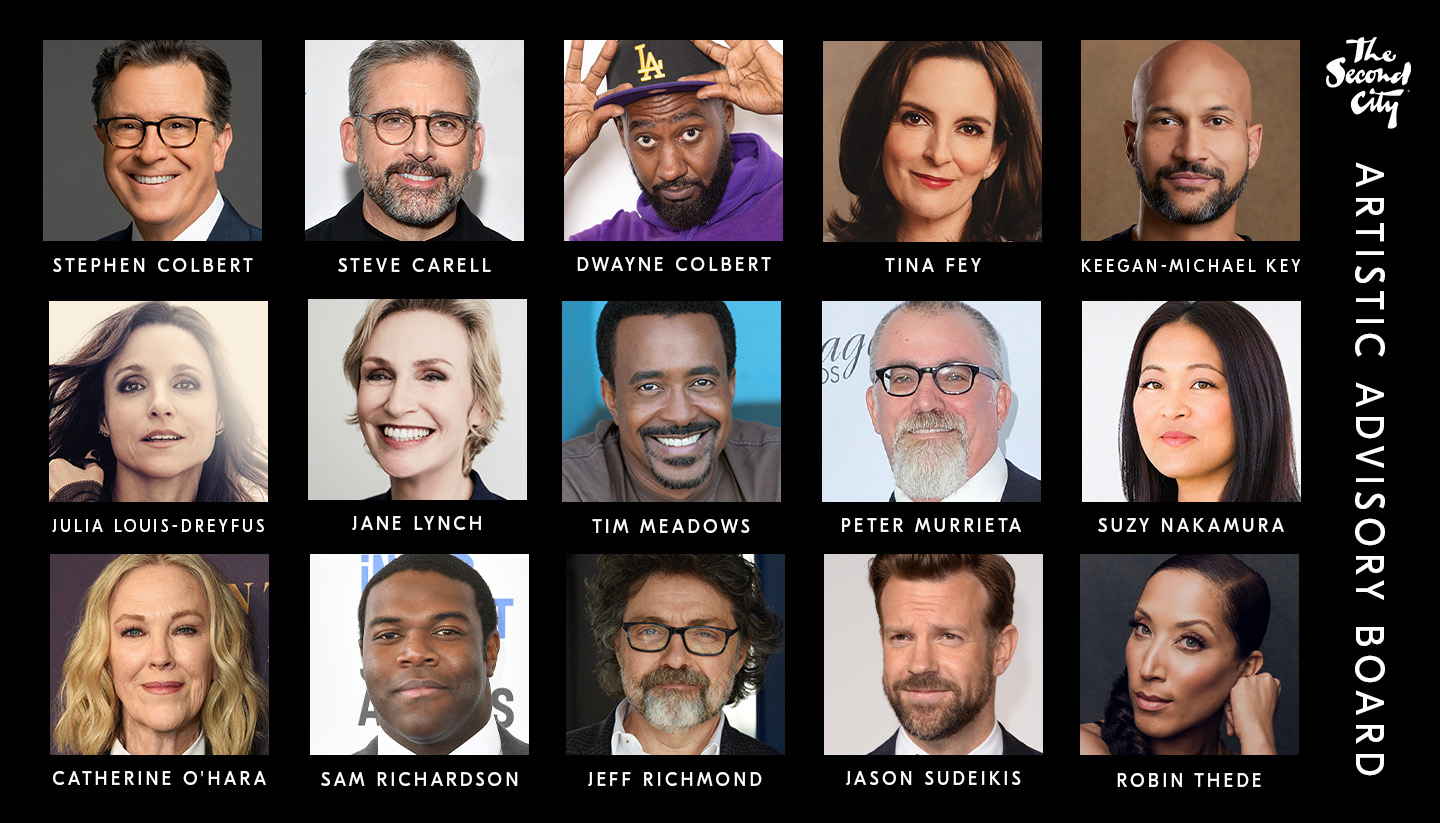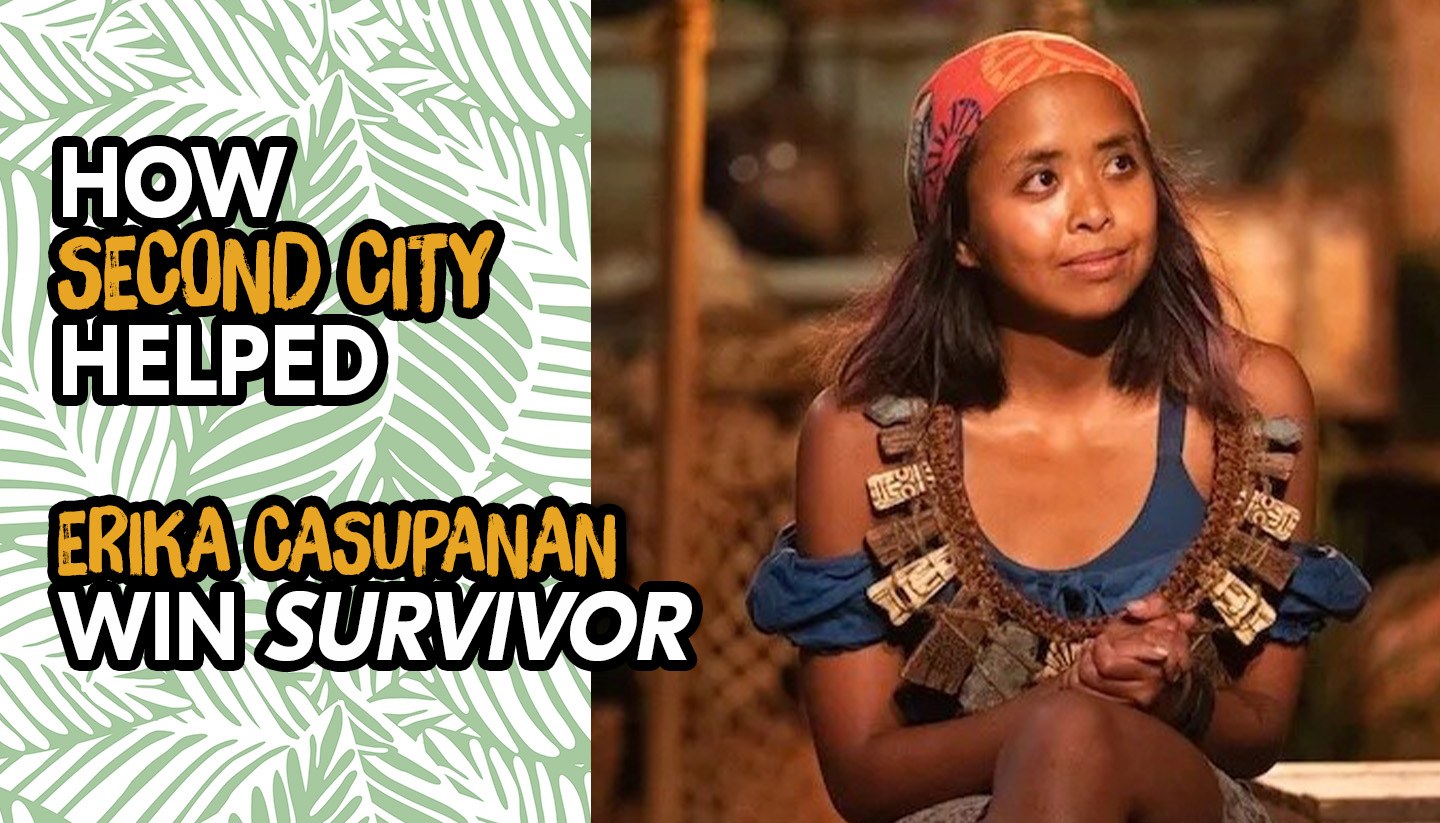Debbie Liebling is one of comedy’s go-to doers in film and television. The highly successful film executive, producer and Harold Ramis Film School Advisory Board member visited the school last week to share her invaluable insights with students and alumni. Facilitated by The Second City Training Center’s Rachael Mason, the talk spanned nearly four hours and included a sneak peek of one of Liebling’s latest project’s, the slyly numerically titled PEN15.
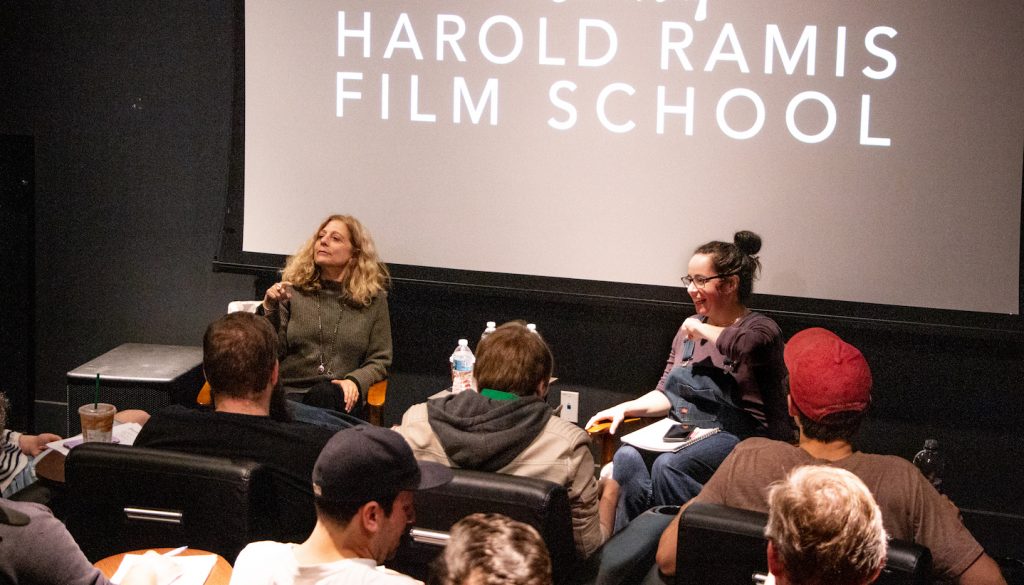
Liebling doesn’t pull any punches, so it’s no wonder she has excelled in a career where she’s had to navigate a wide variety of personalities and balance the needs of content creators with those of corporate execs...all while navigating as a woman in an industry that has traditionally been a proverbial boys’ club.
On Being the Only Woman in the Room
Liebling says she got her comedy chops growing up as the little sister to two older brothers who were encouraged to get good jobs, whereas she was encouraged to marry someone with a good job. “Of course, that only propelled me to keep up with my brothers,” Liebling said. “It also helped me develop my sense of humor. As a defense. As a way to hang with the boys.”
This approach worked in her favor as she rose through the ranks in the entertainment industry. When Mason asked what it was like to often be the only woman in the room, Liebling recalls a sense of naiveté coupled with the attitude she developed hanging with her older brothers.
‘‘I never thought about it as a gender thing. But looking back, I do realize there were obstacles in my way because of my gender,” Liebling said. She commented on how the culture in the industry has shifted for the better. “It’s kind of uncool if you’re even talking the other way in Hollywood right now. The country has a ways to go, but Time’s Up and the MeToo movement have really put the industry on the right track.”
Liebling is the Executive Director of Women in Film (WIF), where she also serves as an Ambassador for ReFrame, a WIF organization that works with Hollywood leaders to further gender parity in the industry.
On Working with Young Talent
A hallmark of Liebling’s career has been helping young talent get their work into the world. “My career has been about guiding people I really believe in. You know, it’s like ‘You have something amazing. How do we capture that? How do we get that out there? What’s the bridge? How do we build it?’”
“I like the idea of ‘smart stupid,’” she said.” “I’m drawn to the brilliance of deconstructing difficult material and making it silly.”
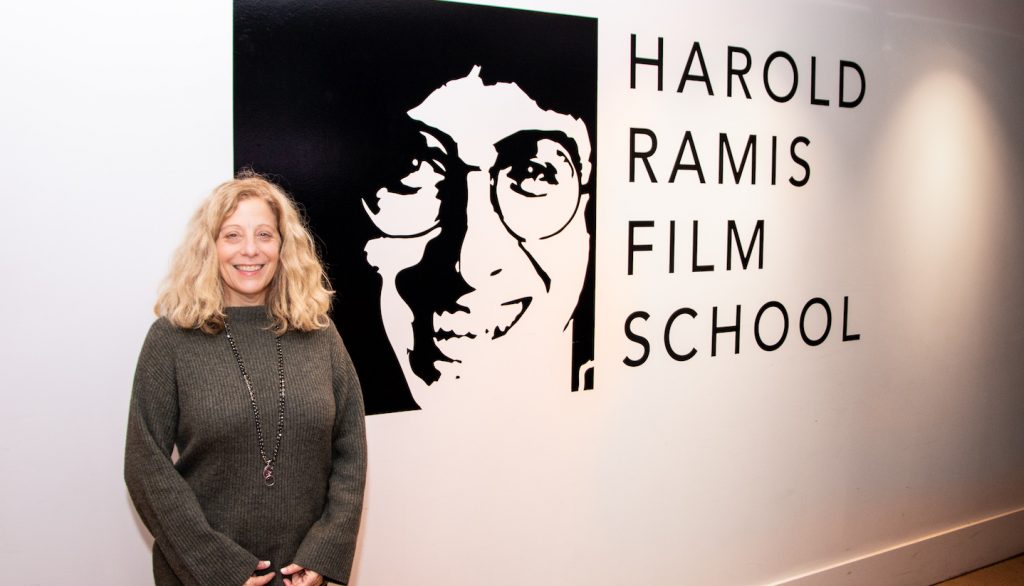
20 years ago, then as a producer at Comedy Central, Liebling helped to transform South Park from a Christmas card short animated with construction paper cutouts to the cultural touchpoint it is today, and she continues to work with content creators that make comedy out of the serious. One of Leibling’s latest projects, PEN15, is another great example.
“It’s a show about the indignities of middle school. The show accesses the subtleties of that time in life, works with painful moments and pulls the comedy out,” Liebling explained. “But it was more about style and sensibility rather than going for the hard joke.”
Students and alumni were treated to a sneak preview of the series, which will premiere to the world on Hulu on February 8th. Even though the show accurately reflected an awkward, sometimes painful time in a young person’s life, that didn’t stop the room from erupting in laughter on multiple times through the short screening.
On Protecting the Story
Liebling’s successful career as a producer and exec has meant balancing competing priorities and personalities, all while maintaining the integrity of the content. She recalls development on the South Park movie. While there is a propensity to go big for a feature, Liebling says, “We wanted to make sure we protected the characters and the story...we wanted to protect the longevity of the show.”
She’s also a guardian of story integrity. Studios are always ready to push back on content that they worry may be seen as offensive or inappropriate. Liebling, however, is always ready to go toe to toe if she believes the overall story is supported by the content in question, upholding, “Content is always defensible if it’s justifiable against the story and character.”
Her advice to young content creators in this predicament: “Don’t write what you think is a movie. Write what reflects your sensibility. Stay grounded in the story. Authenticity matters.”
A graduate of the Harold Ramis Film School, Sarah Ammar is a comedic writer, performer, director, and small business owner living in Chicago.
Photos by @timothymschmidt.

 Shows & Tickets
Shows & Tickets  Chicago Venue Info
Chicago Venue Info  Classes & Education
Classes & Education  Second City Works
Second City Works  Second City Network
Second City Network  Our Legacy
Our Legacy 




